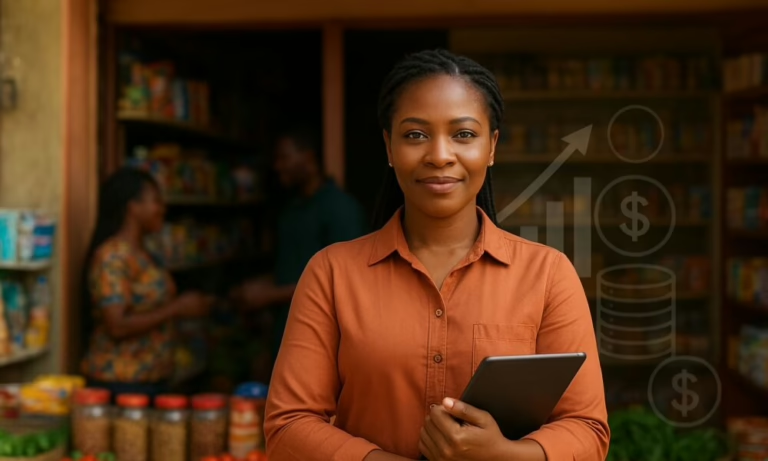Women are a crucial part of Nigeria’s economy. They represent nearly half of the population and own over 40 per cent of small and medium-sized businesses. However, they are mostly excluded from the formal credit system. This exclusion comes at a significant cost, affecting not only women but also the economy as a whole.
A Gates Foundation survey of over 100,000 Nigerian women found that 62 per cent identified lack of start-up capital or equipment as their greatest barrier to economic participation. This core financial constraint is compounded by structural inequities, including insufficient training and weak family support. Despite these challenges, women-owned businesses repay almost all of their loans, according to data from Moniepoint, one of Nigeria’s leading small business banks.
McKinsey estimates that closing Nigeria’s gender credit gap could add $229 billion to the country’s GDP. That figure is not theoretical. It is money left on the table every year because banks still see women as high risk. The data tells a different story: the International Finance Corporation found that women-owned businesses default at lower rates than the average portfolio. Yet outdated collateral requirements and systemic bias deny most women access to formal credit. As a result, 98 per cent of Nigerian women rely on informal lenders who charge punishing interest rates.
Women have already built their own credit systems. Across Nigeria, informal savings groups and cooperatives pool resources, lend to one another, and maintain repayment rates that put commercial banks to shame. What these groups lack is scale and access to formal capital.
Proven solutions exist. In Kenya, Rwanda, and Ghana, risk-sharing schemes backed by the African Development Bank have made lending to women routine. Cash-flow-based lending, evaluating businesses on performance rather than property, has opened doors for thousands of women across Africa. Nigerian banks can replicate these models to scale access to credit.
The missing ingredient is accountability. Voluntary frameworks from the Central Bank of Nigeria can be implemented, but without enforcement, they remain symbolic. At least 30 per cent of MSME loan portfolios, particularly government-backed loans, should go to women-led businesses. Banks must report transparently on progress, and regulators must enforce compliance.
This is not charity but women entrepreneurs demanding fair access to the tools they need to grow businesses, create jobs, and strengthen the economy. When women earn, they reinvest in families and communities, creating ripple effects that extend far beyond Nigeria and across West Africa. Trade, supply chains, and knowledge sharing all benefit when women succeed.
The real risk lies not in lending to women, but in ignoring them. Nigeria cannot afford to do so any longer.


















0 Comments